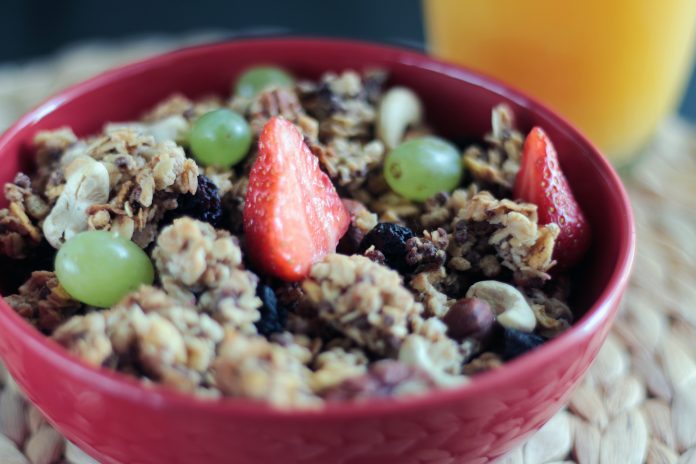Plant-based diets have become increasingly popular in recent years, and for good reason. Studies have shown that a plant-based diet can provide many health benefits, including reducing the risk of chronic diseases such as heart disease, diabetes, and certain types of cancer. Explore the benefits of a plant-based diet and how it can improve your health.
What is a plant-based diet?
A plant-based diet emphasizes the consumption of whole, minimally processed plant-based foods such as fruits, vegetables, legumes, nuts, and seeds. It may or may not contain small amounts of animal products such as meat, dairy, and eggs, but the emphasis is on plant foods.
Benefits of a plant-based diet
Reduce the risk of chronic disease
Numerous studies have shown that a plant-based diet can reduce the risk of chronic diseases such as heart disease, diabetes, and certain types of cancer. This is due to the high fiber content of plant foods that help regulate blood sugar levels, lower cholesterol and promote healthy digestion.
Improving gut health
A plant-based diet is high in fiber and is important for maintaining a healthy gut microbiome. A healthy gut flora is associated with a reduced risk of chronic disease and improved immune function. weight loss
Plant-based diets tend to be lower in calories and higher in fiber than diets containing meat and dairy, which can lead to weight loss and improved body composition.
improve athletic performance
A plant-based diet can provide all the nutrients needed for optimal exercise performance. Many professional athletes adopt a plant-based diet to improve performance and recovery time.
environmental sustainability
Plant-based diets are more environmentally sustainable than diets containing meat and dairy. Animal husbandry is a major contributor to greenhouse gas emissions and deforestation, and reducing meat consumption can have a positive impact on the environment.
How to incorporate a plant-based diet
If you’re interested in a plant-based diet, there are a few things to keep in mind. First, it’s important to focus on minimally processed whole plant foods, as opposed to highly processed vegan foods. Second, it’s important to make sure you’re getting all the nutrients your body needs, including protein, iron, calcium, and vitamin B12. This may require some planning and supplementation. Finally, it’s important to listen to your body and adjust as needed.
A plant-based diet can provide many health benefits, including reduced risk of chronic disease, improved gut health, weight loss, improved athletic performance, and environmental sustainability. If you’re into your diet, focus on whole, minimally processed, plant-based foods to make sure you’re getting all the nutrients your body needs, and listen to your body when making adjustments. Please tilt the

























